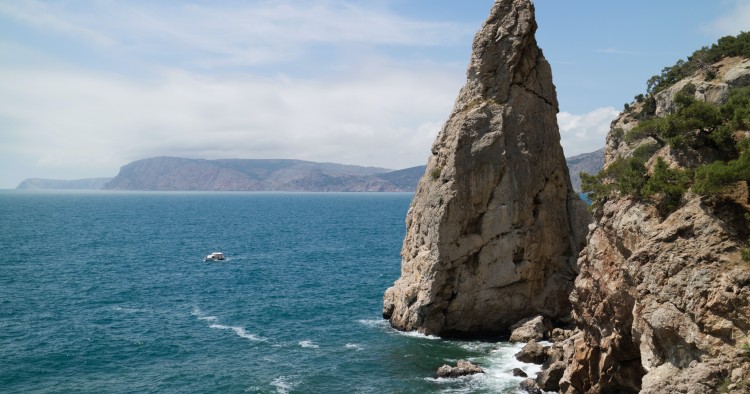Relations between the U.S. and Black Sea countries are complex. The Western-oriented Georgia and Romania have shown unconditional support for greater U.S. involvement. Others, like Turkey and Russia, will continue to challenge Western involvement. And while relations between Black Sea countries reflect similarly complex cooperation and conflict patterns, common among them is a hope that the Biden Administration will bring a shift in U.S. policy in the region.
Frontier Europe Initiative’s new report, Alternative Futures for the Black Sea Region, is designed to inform the development of a U.S. strategy for the Black Sea region by considering a range of alternative future scenarios.
The changing dynamics of the Black Sea region, and the significance of the interests at stake, demand a U.S. strategy that benefits from this kind of thinking. Any strategy based on a single set of assumptions about the future is a strategy vulnerable to disruption. In Alternative Futures for the Black Sea Region, we paint pictures of the region from the vantage point of four different sets of assumptions. Our objective is to provide a richer basis for developing a more robust strategy for U.S. engagement in the Black Sea.
Photo by Vyacheslav Argenberg
The Middle East Institute (MEI) is an independent, non-partisan, non-for-profit, educational organization. It does not engage in advocacy and its scholars’ opinions are their own. MEI welcomes financial donations, but retains sole editorial control over its work and its publications reflect only the authors’ views. For a listing of MEI donors, please click here.













